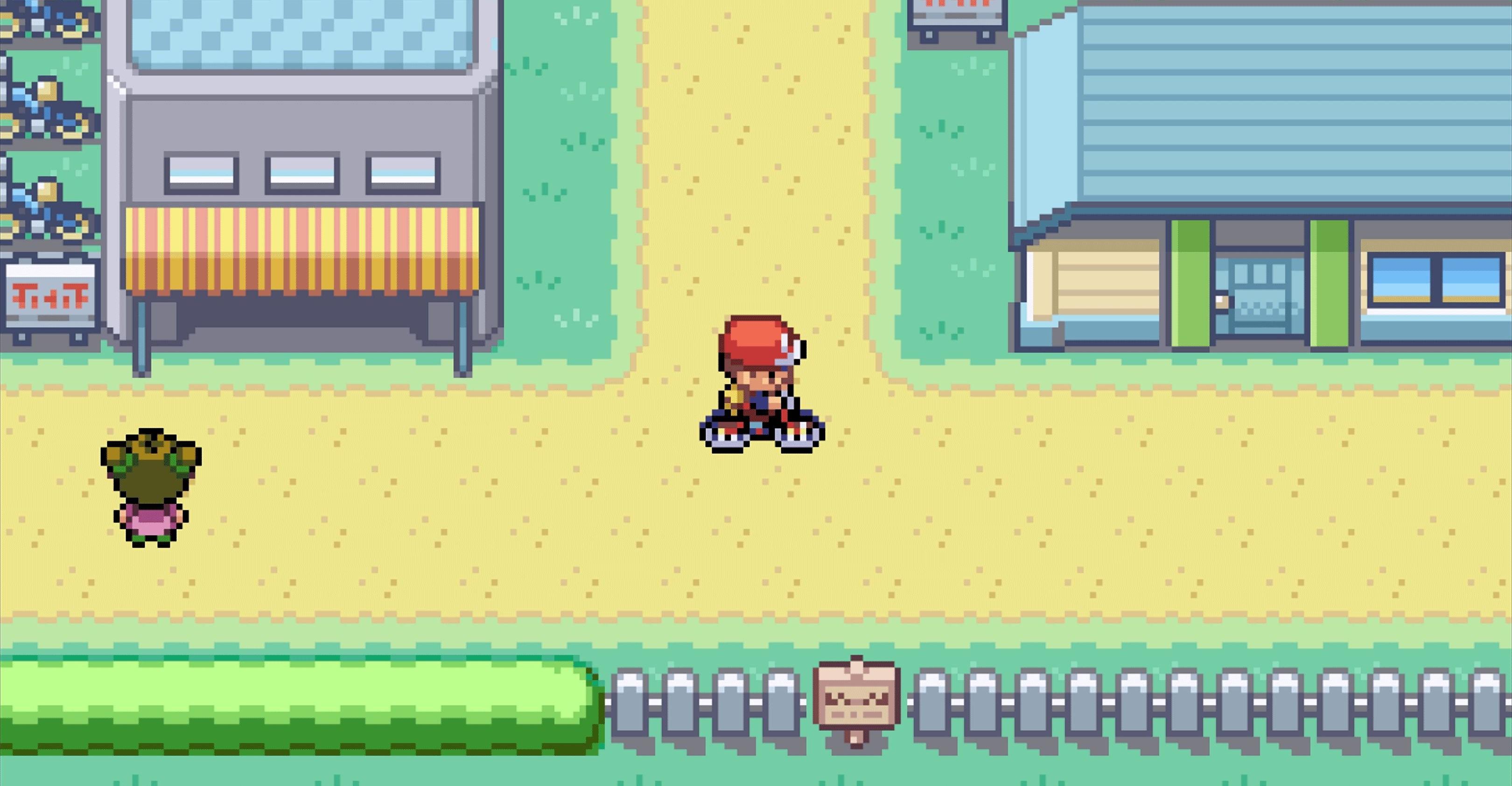Raising an independent child is about empathy.


While many kids refuse to accept help with anything, others want their caregivers to do everything for them. Put on their clothes. Brush their teeth. Spoon them food. Find the toy they were holding two seconds ago.
Although it’s overwhelming to do everything for our kids, it feels amazing to know we’re needed. But there is a point when, if you do everything for your child, they won’t build the confidence they need to succeed on their own.
“Every time we rescue, hover, or otherwise save our children from a challenge, we send a very clear message: that we believe they are incompetent, incapable, and unworthy of our trust,” writes journalist and former teacher Jessica Lahey in her book The Gift of Failure: How the Best Parents Learn to Let Go So Their Children Can Succeed.
“While we want to wrap our kids in bubble wrap and make their worlds perfect, we do them no favors if we shield them from all discomfort,” says Phyllis Fagell, a Washington, DC-based school counselor and the author of Middle School Matters: The 10 Key Skills Kids Need to Thrive in Middle School and Beyond—and How Parents Can Help. “What we want to do is give them tools to be resilient so that they are able to bounce back from a low grade, getting cut from a team, flubbing a line in a play, or sending a text they thought would be funny but that landed mean. All of those things that are part of growing up.”
I asked four experts how to support kids in becoming self-reliant, even when it gets tough.
Teach one step at a time
We don’t give kids enough credit. Just ask their teachers. It’s common for caregivers to attend parent-teacher conferences and be shocked by how much their kids are capable of, says Judith Joseph, a child psychiatrist and clinical assistant professor in the department of child and adolescent psychiatry at NYU Grossman School of Medicine. “They find out their kid loves being independent and is doing all these wonderful things that they don’t do at home, because they’re not given the opportunity.”
Many parents do everything for their kids, then suddenly expect them to do it on their own one day. Avoid having a sink-or-swim mentality, and recognize that something that seems natural to you may be difficult for your kiddo, says Daniel Willingham, a psychology professor at the University of Virginia and the author of Outsmart Your Brain: Why Learning Is Hard and How You Can Make It Easy.
Because your child’s first exposure on how to do specific tasks is by watching you do them, invite them to be your helper, Willingham says. A 2-year-old can help unload the dishwasher, hold a dustpan while you sweep, or even wipe down surfaces around the house.
As they succeed at their task, give them space. You can prep dinner on one side of the kitchen while they tear lettuce for a salad on the other. Supervision is okay, but don’t overwhelm them with directions. In an interview with Vox, Lahey compared this method to teaching a kid to ride a bike. “First, you start with the training wheels all the way against the ground so that the kid can be like, ‘Oh, okay, I can do this.’” Then, you raise the wheels, little by little, until they’re cruising on their own.
Fagell recommends finding a way to make learning fun. Invent a song that helps your child remember certain steps, or come up with a silly mnemonic or acronym. Dance a little. Get goofy.
“Humor in general can often help a ton,” Fagell says. For many situations, you can even role-play the scenarios so your kids gain confidence and recognize different ways to handle situations before attempting them. If they struggle, be their cheerleader — and be sure to remind them of times in the past they accomplished things they never imagined they could.
Allow them to make mistakes
Practice makes perfect, and childhood is a great time to screw up — the stakes are lower than when they are adults. “What we want is for our kids to learn from [mistakes] and grow from them,” Fagell says, “so the next time they make a different mistake.”
As in almost everything, you are your kids’ best model for how to cope with disappointment. “When things don’t go right, do you get frustrated?” Willingham asks. We should be open about how hard it can be to learn new skills, while still keeping kids motivated.
Sometimes, teaching independence can also look like not intervening when your kid messes up, Lahey says. If your kids refuse to wear the right shoes for the snow, you can offer advice, but if they don’t take it, they will learn more from water seeping into their socks. If they forget their homework at home, don’t rush to school to save them. It can do more harm than good. Kids even remember lessons more when they face challenges because it signals to their brain that the information is important. And overcoming a struggle gives them a memorable blast of dopamine, too.
Provide empathy where you can
Through every step of the learning journey, heap on tons of empathy, Fagell says. Often the task your kid is breaking down over may not be the real issue. Maybe they are refusing to tie their shoes because they are anxious about going to school, or they won’t pick up toys because they are upset over a squabble they got into with their sibling.
Fagell recommends helping them build their emotional vocabulary by saying something like, “I can tell that you’re feeling nervous about going to school, and I know when you feel nervous you want me to help you with your shoes.” Then prompt them to come up with ideas that might make them feel better.
If your child is making it clear that something is too much, it’s okay to take a break, Willingham says. “Pulling back is part of what builds trust with your child.”
Just make sure you actually return to the task in the future. Kids are often great at beating themselves up, so it’s important you show them there is nothing to be ashamed of. For example, Willingham recommends telling them something like: “Last time you tried, you couldn’t really do it, but you’re a different kid than you were three months ago.”
Focus on long-term success
The truth is, doing things for our kids is often easier than teaching them to do it on their own, and when a kid is throwing a tantrum, it’s quicker to give in. “That first moment you want to intervene, ask yourself, do I want my kid to do it without any struggle right now or do I want them to be able to do it for themselves next time?” Lahey says. Focus on where you want your kid to be months from now, not on mitigating a momentary emergency.
It can be especially difficult to focus on long-term planning when it feels as though others may be judging your parenting. When your kid refuses to wear the appropriate clothing for the weather, for example, school drop-off can feel more like a parental walk of shame. It’s helpful to remember that parents sometimes criticize each other as a way to quell their own parenting insecurities.
“We can be each other’s worst enemy,” Lahey says. Try and focus on your kid’s well-being instead of what others think. Teaching kids how to handle life on life’s terms takes love and patience, Lahey says. “The best parenting happens over the long term.”
Jay Deitcher is a stay-at-home dad, writer, and former social worker living in Albany, New York.

Ken Watanabe didn’t think a kabuki movie would work
- 4 minutes ago

Nintendo’s next big Pokémon presentation is on February 27th
- 4 minutes ago
Iran says any US attack including limited strikes would be ‘act of aggression’
- 12 hours ago
T20 World Cup: Pakistan warn England’s flaky batting to expect a trial by spin
- 12 hours ago
Three Federal Constabulary personnel martyred in terrorist attack in KP’s Karak
- 12 hours ago
UN chief decries global rise of ‘rule of force’
- 10 hours ago

President, PM urge Scouts to assist Govt in dealing with challenges
- 2 days ago

Pakistan targets 7 TTP, ISKP hideouts in border operation
- 2 days ago

Pakistan, Bangladesh to expand cooperation across diverse sectors
- a day ago
Security forces neutralise four Indian-sponsored terrorists in Pishin IBO: ISPR
- 12 hours ago

What are gold rates in Pakistan, global markets today?
- 13 hours ago

Super eight: spinners’ magic works as England beat Sri Lanka by 51 runs
- a day ago





